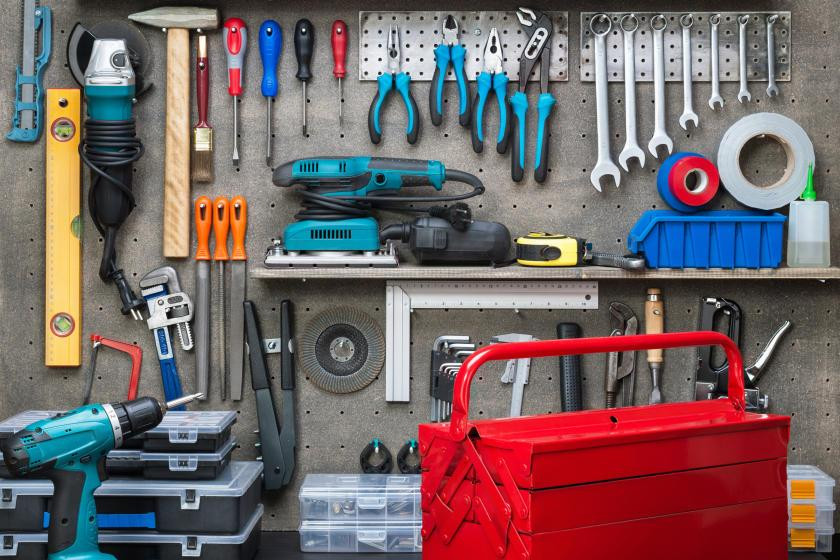The M12 Coach Bolt: Essential Guide to a Versatile Fastener
In the world of construction and engineering, the M12 coach bolt stands out as a vital component due to its robust design and versatile applications. Whether you're a seasoned professional or a DIY enthusiast, understanding the specifics of the M12 coach bolt can significantly impact the efficiency and durability of your projects. This article provides a comprehensive overview of the M12 coach bolt, exploring its features, common uses, and advantages.
What is an M12 Coach Bolt?
Defining the M12 Coach Bolt
The M12 coach bolt is a type of fastener characterized by its distinctive head and threading. The "M12" denotes the bolt's nominal diameter of 12 millimeters, making it a medium-sized option in the realm of coach bolts. Unlike regular bolts, coach bolts are designed with a large, flat head and a square or hexagonal section underneath, which helps prevent the bolt from turning when it's being tightened.
Design and Specifications
Diameter and Length: As the "M12" suggests, the bolt has a 12 mm diameter. The length can vary, typically ranging from 50 mm to 200 mm or more, depending on the requirements of the application.
Head Type: The head of an M12 coach bolt is usually rounded or mushroom-shaped with a flat surface on top. The underside features a square section that fits into a pre-drilled square hole, preventing rotation.
Material: Coach bolts are often made from high-strength materials like steel or stainless steel, with some options featuring coatings such as zinc plating for additional corrosion resistance.
Common Uses of M12 Coach Bolts
Construction and Structural Applications
M12 coach bolts are extensively used in construction projects due to their strength and reliability. They are commonly employed in:
Woodworking: Fastening timber beams, joists, and other wooden structures. The square section under the head helps to secure the bolt in place, ensuring a strong connection.
Metal Frameworks: Securing metal brackets, plates, and connections. Their robust design makes them ideal for heavy-duty applications where high tensile strength is required.
Structural Reinforcement: Joining structural elements in both residential and commercial buildings. The M12 size provides a balance of strength and size, making it suitable for various structural needs.
DIY and Home Improvement
For DIY enthusiasts and home improvement projects, M12 coach bolts are valuable for:
Furniture Assembly: Creating sturdy joints in wooden furniture or assembling metal parts with wooden components.
Outdoor Projects: Building decks, pergolas, or other outdoor structures where durability and weather resistance are crucial.
Repair Work: Fixing or reinforcing existing structures and components that require reliable fastening solutions.
Advantages of Using M12 Coach Bolts
Strength and Durability
One of the primary benefits of M12 coach bolts is their strength. Made from high-quality materials and designed to withstand significant loads, they provide a durable fastening solution for both heavy-duty and everyday applications.
Ease of Use
The square section beneath the head of the coach bolt prevents it from turning, simplifying the installation process. This feature is particularly useful in applications where access to the bolt’s head is limited, reducing the need for additional tools or supports.
Versatility
M12 coach bolts can be used in a variety of materials, including wood and metal, making them highly versatile. Their ability to handle different types of loads and stresses makes them suitable for a wide range of projects, from construction to home improvement.
Installation Tips
Preparation
Drilling: Ensure that the holes you drill for the bolts are clean and properly sized to fit the M12 coach bolts snugly.
Alignment: Align the components accurately before inserting the bolts to ensure a secure and stable connection.
Tightening
Use the Right Tools: A wrench or socket set that fits the head of the bolt should be used for tightening. Avoid over-tightening, as this can damage the materials or the bolt itself.
Check for Stability: After installation, check the connections for stability and make any necessary adjustments.
Conclusion
The M12 coach bolt is a robust and versatile fastener essential for various construction and DIY applications. Its strength, ease of use, and adaptability make it a valuable choice for anyone involved in building, repairing, or assembling. By understanding its design and proper installation techniques, you can ensure reliable and durable connections in your projects, contributing to the overall success and longevity of your work.
For More Info:-

Comments
Post a Comment